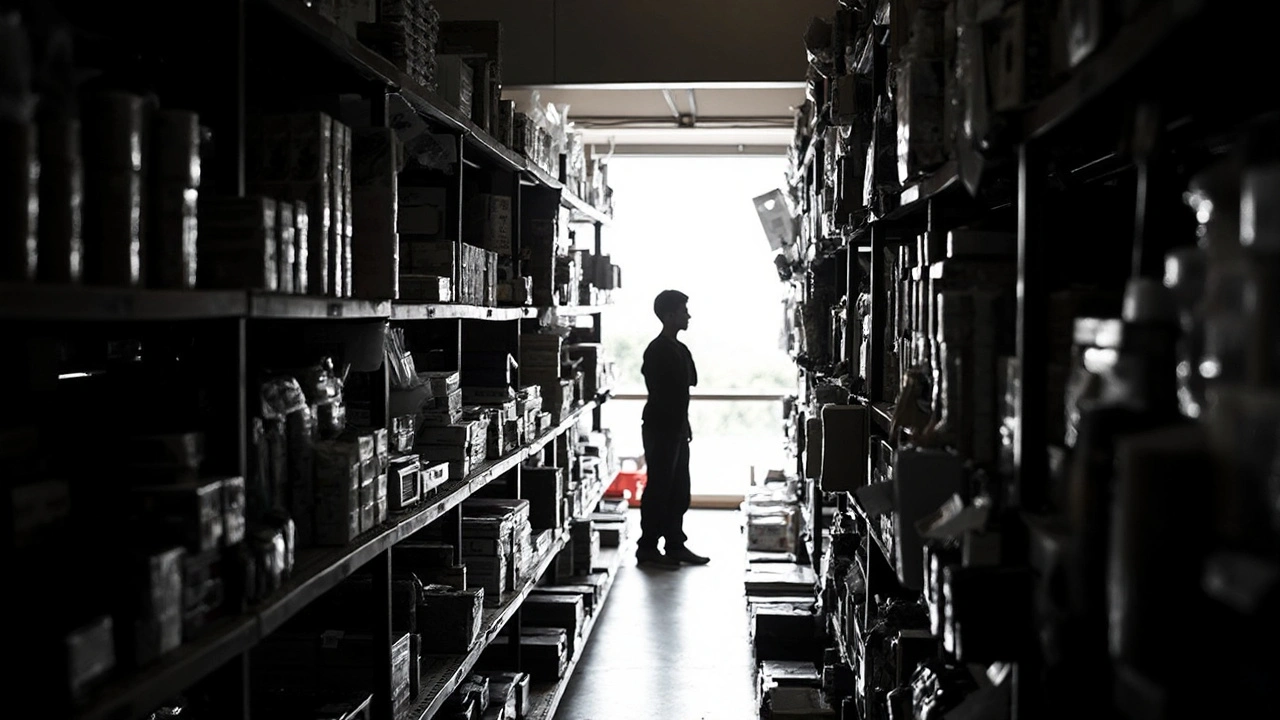Energy crisis: what’s driving blackouts in Africa and how to respond
Power cuts, rising bills and unreliable fuel supply have become normal in many parts of Africa. That’s the energy crisis: supply can’t keep up with demand, grids are weak, and weather or politics often make things worse. This page explains the main causes, shows how communities feel the pain, and gives clear steps you or your community can take now.
Why the energy crisis is happening
Several things come together to create shortages. Rapid population growth and urbanisation push up demand fast. Many power plants and transmission lines are old or poorly maintained, so they fail or are inefficient. Hydropower, which several countries rely on, drops when droughts hit. Fuel shortages and expensive imports make thermal power costly. Add weak planning, delayed projects and limited investment, and the system struggles to keep lights on.
Specific examples pop up across the continent: countries face rolling blackouts because a single large generator trips, or because seasonally low river levels reduce hydropower. In places with high electricity theft or loss on the grid, utilities lose revenue and can’t afford upgrades. That cycle fuels more outages and higher prices.
How people and businesses are affected — and what works
Households lose fridge contents, work and study time. Small businesses that rely on electricity pay for backup generators or lose customers. Hospitals and schools face higher risks when power is unstable. Economies slow when factories can’t keep running. But solutions are already making a difference in many communities.
Solar plus batteries is the fastest, most affordable fix in many places. Rooftop solar keeps lights on at home and cuts bills. Mini-grids bring reliable power to villages that never had full grid access. Large-scale renewables — wind and solar farms — paired with storage reduce reliance on expensive imported fuel. Improving efficiency, like swapping old refrigerators and motors for modern models, lowers demand and stretches supply.
Policy and finance matter. When governments streamline permits for renewables, fix tariffs and improve billing, private investors bring money and expertise. Regional power pools let countries trade surplus power so one nation’s excess can cover another’s shortfall during dry seasons.
Simple actions you can take today: switch to LED lighting, unplug unused devices, keep fridges closed during outages, and consider a small solar kit or battery if you can. Support local plans that prioritise repairs and renewable projects. Vote for leaders who back clear energy policies and fair utility reforms.
The energy crisis won’t be solved overnight, but practical steps at household, community and national levels reduce pain fast. Cleaner, cheaper and more reliable power is possible if countries invest in renewables, fix losses, and plan regionally. Want to learn concrete projects near you or tips for reducing bills? Check local clean-energy groups or your municipal energy office for options and subsidies.
- March 3, 2025
- Comments 12
- Business

